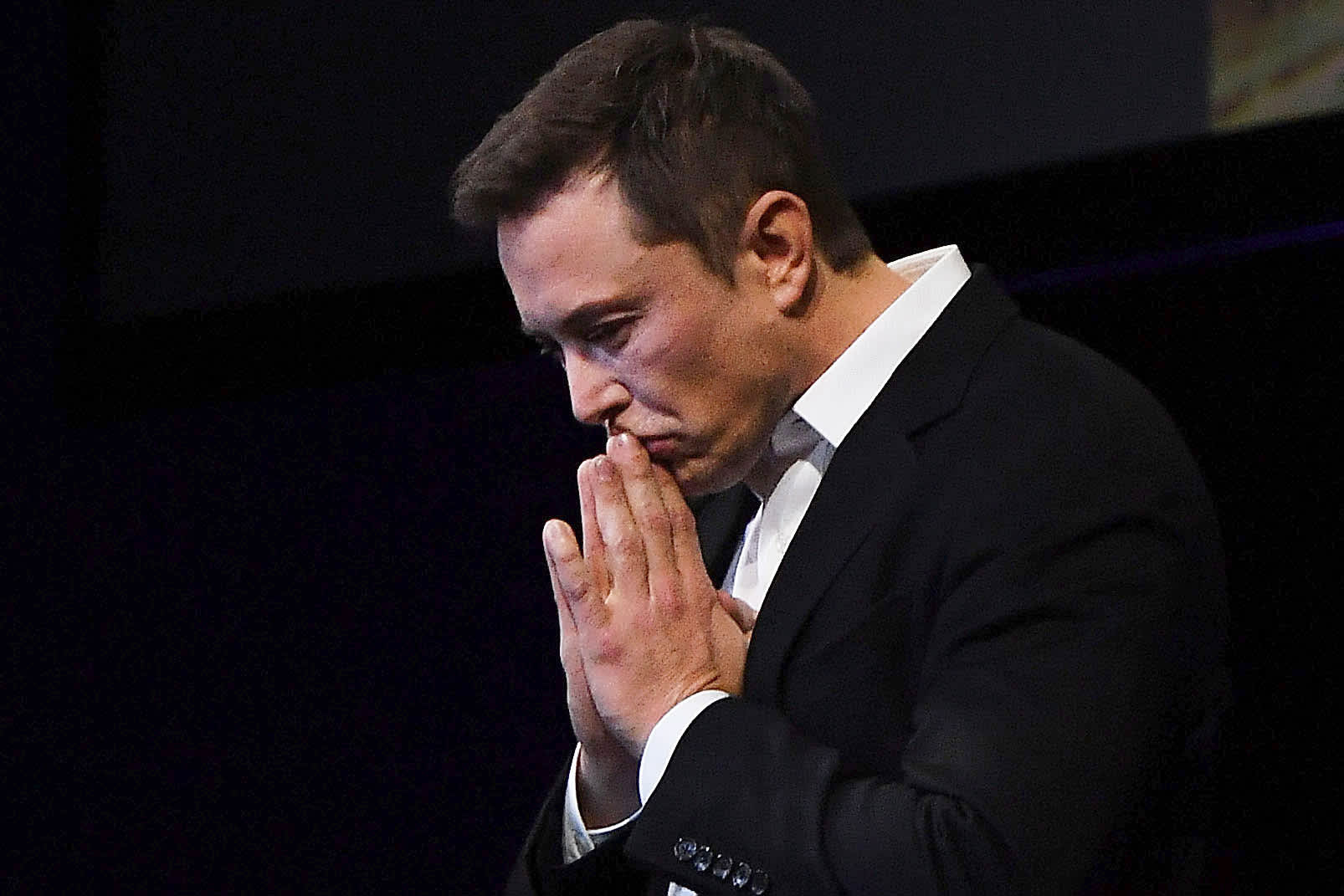Artificial Intelligence has been hailed as the most transformative technology of our generation, promising breakthroughs in medicine, finance, education, and even space exploration. Yet, few voices have been as consistently cautious about its dangers as Elon Musk. The billionaire entrepreneur, who co-founded OpenAI in 2015, has repeatedly sounded the alarm that artificial intelligence—if left in the wrong hands—could spiral beyond human control.Musk’s departure from OpenAI in 2018 was more than just a business decision. At the time, the company was transitioning from a non-profit into a more commercially driven entity. For Musk, this shift represented a red flag. He feared that the technology he helped create to democratize AI could instead become concentrated in the hands of powerful corporations or governments, tilting the balance of power in ways that threaten humanity’s future.In public forums, Musk has compared artificial intelligence to “summoning the demon,” a stark metaphor that underscores his belief in the existential risks posed by unchecked AI development. His concern isn’t just about killer robots or sci-fi scenarios, but about something subtler and more insidious: the misuse of AI to manipulate economies, control narratives, wage cyber warfare, or destabilize democratic institutions.What makes Musk’s warnings resonate is the speed at which AI is evolving. In just a few short years, AI has advanced from simple predictive text models to systems capable of writing, designing, analyzing data, and even making strategic decisions. For Musk, the question isn’t whether AI can outpace human intelligence—it’s when, and under whose command.Critics argue that Musk’s fears are exaggerated, pointing out the immense safeguards, regulations, and ethical frameworks being put in place. Yet, history shows that every revolutionary technology—from nuclear power to genetic engineering—has always carried the shadow of misuse. Musk’s stance is that humanity cannot afford to be complacent when the stakes are this high.His solution has been to push for greater transparency and regulation. Musk has advocated for international oversight, much like nuclear treaties, to ensure AI remains a tool for progress rather than destruction. His new ventures, including Tesla’s AI for autonomous driving and Neuralink’s brain–computer interfaces, reflect a paradox: harnessing AI for innovation while simultaneously warning of its darker potential.At its core, Musk’s fear boils down to one truth: technology is neutral, but power is not. In the wrong hands, AI could magnify greed, authoritarianism, and corruption. His decision to step away from OpenAI serves as both a protest and a warning—proof that even one of the world’s most fearless innovators is uneasy about where artificial intelligence might take us next.
